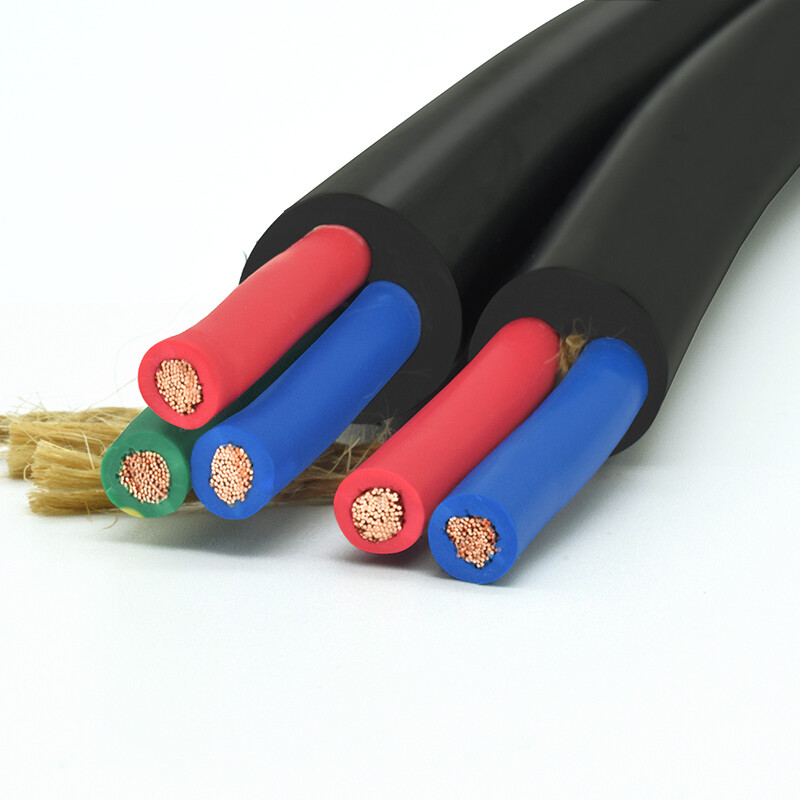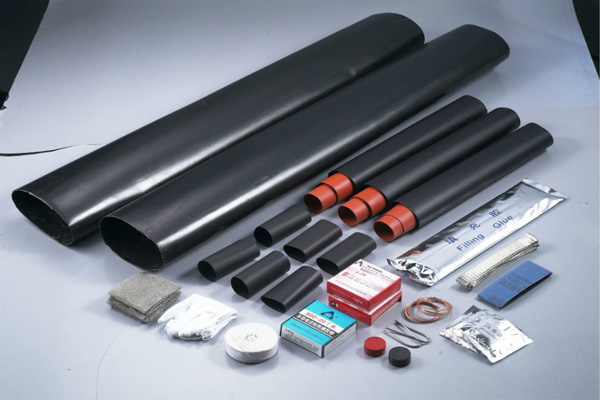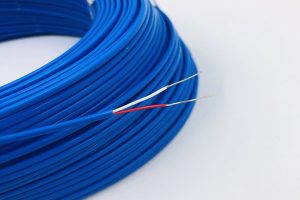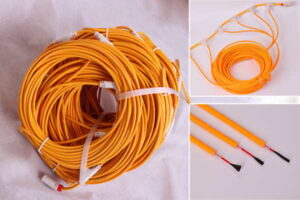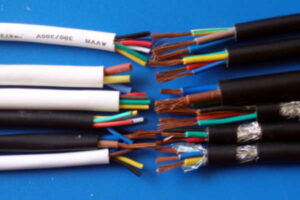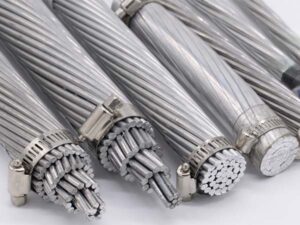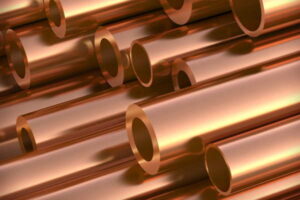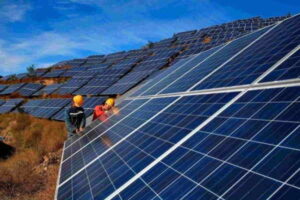What is a flexible cable? What is meant by flexible cable?
This document details the origins of the definition of flexible cable, as well as some of the differences between it and regular cable.
Reading this article can help you recognize what flexible cable is and how to purchase it when you are shopping.
The cable according to the laying method can be divided into fixed laying, and mobile laying two categories.
